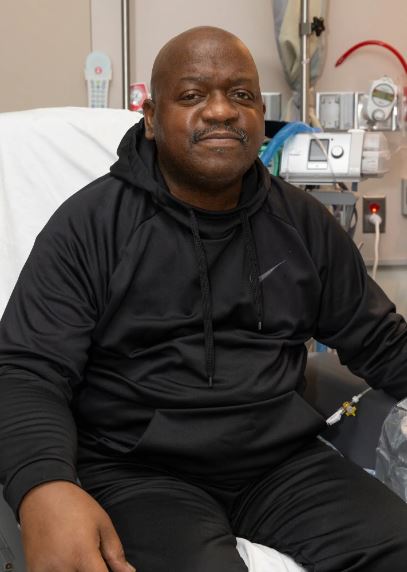Richard “Rick” Slayman, a trailblazer in medical history who received a kidney from a genetically modified pig at age 62, has passed away approximately two months following the groundbreaking procedure.
Mr. Slayman, who was of Black descent, had been grappling with end-stage kidney disease, a condition affecting over 800,000 individuals in the United States, particularly prevalent among Black communities. When the kidney began to falter in 2023, accompanied by congestive heart failure, his medical team proposed the novel approach of utilizing a kidney from a genetically modified pig.
His surgery, spanning four hours, marked a significant milestone in medical science. Advocates of xenotransplantation, the transplantation of organs from animals to humans, have long sought to address the shortage of human organs through this method. However, the major obstacle has been the human immune system’s rejection of animal tissue, often leading to severe complications.
Recent advancements in genetic engineering have paved the way for modifying animal organs to enhance compatibility with human recipients.
The pig kidney transplanted into Mr. Slayman was engineered by eGenesis, a biotechnology company headquartered in Cambridge, Mass. Scientists at eGenesis altered the pig kidney by removing three genes and incorporating seven others to improve compatibility. Additionally, they deactivated retroviruses carried by pigs that could pose risks to humans.
In a statement on social media, eGenesis hailed Mr. Slayman as a pioneer, emphasizing how his courage has charted a path forward for current and future kidney failure patients.
Mr. Slayman was discharged from the hospital two weeks post-surgery, remarking on his newfound health, stating, “one of the cleanest bills of health I’ve had in a long time.”
His family described him as kind, quick-witted, and fiercely devoted to his loved ones and colleagues. They found solace in knowing that his journey had inspired countless individuals.
Richard “Rick” Slayman’s legacy extends beyond his own journey, symbolizing hope and progress in the realm of medical innovation and transplantation.

